(To Quoc) - In the new context, Vietnamese cultural industries must also reach a higher level, affirming the awareness and position of cultural industries, and at the same time promoting cultural industries to new heights.
Affirming the brand in the international market
The general objective of the "Strategy for the development of Vietnam's cultural industries to 2030, with a vision to 2045" is to develop cultural industries into important economic sectors. Thereby, contributing to promoting Vietnamese culture and affirming the national brand and position in the international arena. Focusing on and developing a number of cultural industries to enhance the promotion and dissemination of cultural values, history of the country and people of Vietnam, promoting international exchange and integration and participation in the global supply chain. In particular, by 2030, cultural industries will contribute 7% of the national GDP.

Struggle to 2045 to affirm Vietnam's position on the world cultural industry map
"The strategy for developing Vietnam's cultural industries to 2030, with a vision to 2045, when issued, must raise social awareness, demonstrate a new vision of the cultural industry, and enhance the position of Vietnam's cultural industries in socio-economic life. In addition, create mechanisms and policies to mobilize maximum resources for the development of the cultural industry. We need guiding and constructive policies to create new motivations for social enterprises to do cultural industry" - Deputy Minister of Culture, Sports and Tourism Ho An Phong.
The labor force in cultural industries increases by an average of 8% per year, accounting for 6% of the total labor force of the economy. The growth rate in the number of economic establishments operating in cultural industries reaches an average of 8% per year. Strive for an average growth rate in export value of cultural industries to reach 6% per year. The network of cultural industry centers and creative spaces is planned synchronously, invested in modernly, honoring unique and special features, associated with building local and national product brands; strengthening provincial-regional linkages and linking infrastructure systems and cultural institutions. Developing high-quality cultural industrial products, meeting social needs, contributing to improving the quality of life.
By 2030, there will be 5 to 10 national brands that have participated extensively and affirmed their brands in the international market. Cultural industrial products will be protected under intellectual property laws to promote development and increase value.
In particular, by 2045, Vietnam's cultural industries strive to contribute 9% of GDP and attract 6 million workers to become a developed country in cultural industry in the Asian region; at the same time, affirming Vietnam's position on the world cultural industry map.
Regarding development orientation, Vietnam's cultural industries develop in a professional, modern direction, applying science and technology, innovation and digital transformation. Renewing thinking and action, proactively and promptly grasping and effectively exploiting opportunities of the fourth industrial revolution associated with international integration, maximizing the advantages of regions and areas; harmoniously developing culture, economy and society. At the same time, developing cultural industries is part of the overall national strategies and planning.
Developing cultural industries based on sharp thinking, sharp action, choosing the best, breakthrough development, so that cultural industrial products meet the factors of creativity, identity, uniqueness, professionalism, healthiness, sustainable competition on the basis of ethnicity, science, and mass. In particular, developing cultural industries contributes to strengthening national soft power, building and affirming the brand for high-quality cultural industrial products bearing Vietnamese cultural identity.
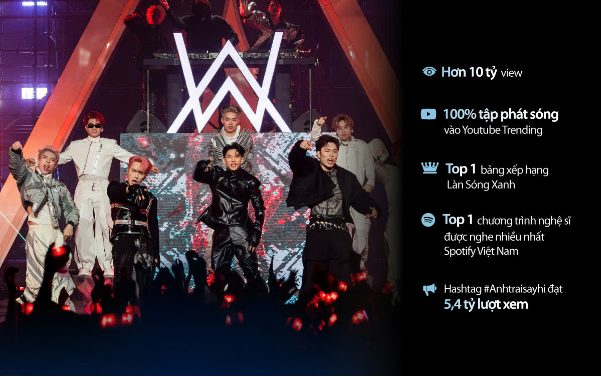
By 2030, cultural industries will contribute 7% of national GDP.
To achieve the goals set by 2030, with a vision to 2045, the draft Strategy clearly states the solutions to promote communication, raise awareness; improve institutions, mechanisms and policies; develop human resources; develop infrastructure and attract investment; apply science and technology; develop markets and products; international cooperation; and strengthen protection of intellectual property rights.
Develop, complete, propose necessary and appropriate mechanisms and policies, and review and develop effective coordination and linkage mechanisms in the development of cultural industries for submission to competent authorities for approval; Research and develop investment and support plans for each stage for a number of cultural industry fields that need priority development, and pilot implementation until 2030 for a number of fields under the management of the Ministry...
Increase investment in culture
Mr. Do Dinh Hong, Director of Hanoi Department of Culture and Sports, said that the three components of the cultural industry are: products, the issue of consuming cultural industry products, and then services to connect the market and with cultural industry products, which is something the Department is very interested in.
The development of Vietnam's cultural industries is based on the Party's guidelines and policies, the State's policies and laws, and is placed in the overall socio-economic development. This is to promote innovation, maximize cultural resources and Vietnamese people, create endogenous strength, and become an important driving force contributing to the building of an advanced Vietnamese culture with strong national identity and sustainable national development.
According to Associate Professor, Dr. Nguyen Thi Thu Phuong, Director of the Vietnam National Institute of Culture and Arts, the Strategy for the Development of Vietnam's Cultural Industries to 2020, with a vision to 2030, aims to strive for the revenue of cultural industries to contribute 7% of GDP by 2030, so that culture is not only a "money-spending" industry but actually a "money-making" industry. However, after nearly 8 years of implementing the strategy, the cultural industry has not yet been regulated by legal documents, lacking legal policies to create a legal corridor for the development of this new, potential field, in which policies on resource mobilization play a key role.

Developing cultural industries to exploit and promote Vietnam's cultural potential, serving the country's socio-economic development and political stability in the new era.
Associate Professor, Dr. Nguyen Thi Thu Phuong said that developing cultural industries aims to exploit and promote the potential of Vietnamese culture, serving the socio-economic development and political stability of the country in the new era, making culture become the spiritual foundation of society, both the goal and the driving force for socio-economic development. Developing cultural industries requires a system of synchronous solutions in terms of policies, communications, human resource training and resources.
In addition, developing Vietnam's cultural industries on the basis of a comprehensive and systematic approach, including many interactive and closely related issues such as improving the quality of human resources with comprehensive skills in business, management, and creativity; building financial mechanisms, legal mechanisms, developing educational and training programs and working networks, developing the public...
These activities are holistic, requiring collaboration across different ministries and involving all public and private partners. A holistic strategic approach is needed, including reforms in education, skills, business support, branding, marketing and integration with other relevant sectors.
Associate Professor, Dr. Nguyen Thi Thu Phuong emphasized that the cultural industry in the new era needs to develop more strongly than in the previous period. To achieve this, it is necessary to specify the goals set out in the "Strategy for the development of Vietnam's cultural industries to 2030 with a vision to 2045".
But besides that, it requires changes or reforms in legal and institutional issues related to the development of cultural industries such as financial issues, investment in culture, labor and cultural human resources, tax on cultural products and services, development of cultural enterprises... This requires changes in the traditional perception of society as well as other ministries, sectors and local authorities about culture.
"The immediate task that needs to be done is the coordination between the Ministry of Culture, Sports and Tourism and relevant ministries and sectors, submitting to the Government for promulgation a Decree on corporate income tax incentives, land rent incentives for cultural enterprises as well as investment, sponsorship and donation laws to create conditions to attract investment capital and diverse resources from society for the cultural sector. The second task is to promulgate policies to support the transfer of public service units providing cultural services and products that need to be implemented more strongly than in the previous period," Associate Professor, Dr. Nguyen Thi Thu Phuong suggested.
According to Associate Professor, Dr. Nguyen Thi Thu Phuong, the investment and support from the State is not only in terms of financial resources but also in terms of measures to encourage creativity, sponsor artists and create conditions for cultural and artistic talents to maximize their abilities. Investment in culture is not only for art fields such as painting, music, cinema... but also to build an educational foundation, thereby nurturing cultural awareness for each person from an early age.
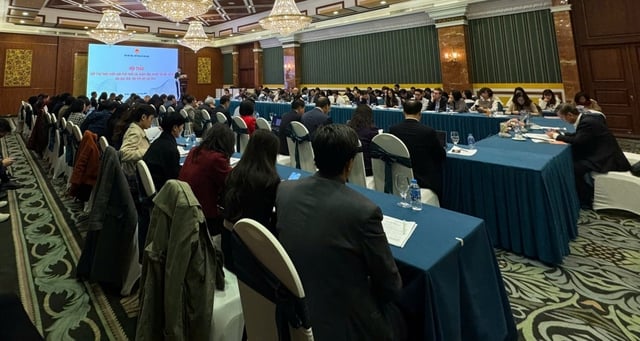
The Ministry of Culture, Sports and Tourism is drafting a Strategy for the development of Vietnam's cultural industries to 2030, with a vision to 2045.
Incentive policies such as tax reduction for art organizations, creation of creative support funds, investment in building cultural facilities, public art centers... are important measures to help improve the cultural life of society, while creating motivation for artistic creativity to flourish.
"Increase investment in culture with a balance between market-oriented investment and public service subsidy-oriented investment. The State needs to invest in fundamental areas such as strengthening information and training infrastructure, legal support, credit, land and other incentive mechanisms to promote innovation and internal strength in production and distribution of cultural products and services, promoting cohesion and mutually beneficial interaction of the cultural ecosystem" - Associate Professor, Dr. Nguyen Thi Thu Phuong emphasized.
Besides, according to Associate Professor, Dr. Nguyen Thi Thu Phuong, the State needs to pay more attention and support the public and non-profit cultural service system, and cultural forms that are creative and have high artistic and social values./.
Source: https://toquoc.vn/chien-luoc-phat-trien-cac-nganh-cong-nghiep-van-hoa-viet-nam-den-nam-2030-tam-nhin-den-nam-nam-2045-thuc-day-cong-nghiep-van-hoa-o-tam-cao-moi-20250124161518038.htm


![[Photo] Phuc Tho mulberry season – Sweet fruit from green agriculture](https://vstatic.vietnam.vn/vietnam/resource/IMAGE/2025/4/10/1710a51d63c84a5a92de1b9b4caaf3e5)
![[Photo] Prime Minister Pham Minh Chinh chairs meeting to discuss tax solutions for Vietnam's import and export goods](https://vstatic.vietnam.vn/vietnam/resource/IMAGE/2025/4/10/19b9ed81ca2940b79fb8a0b9ccef539a)


![[Photo] Summary of parade practice in preparation for the April 30th celebration](https://vstatic.vietnam.vn/vietnam/resource/IMAGE/2025/4/11/78cfee0f2cc045b387ff1a4362b5950f)

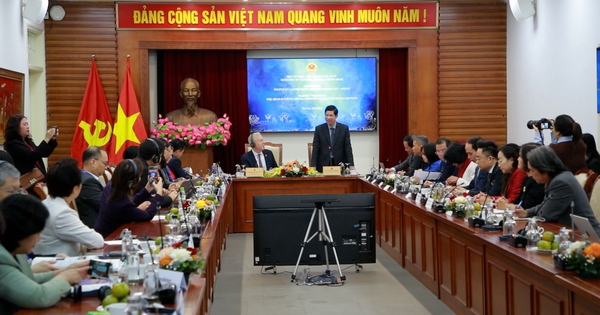




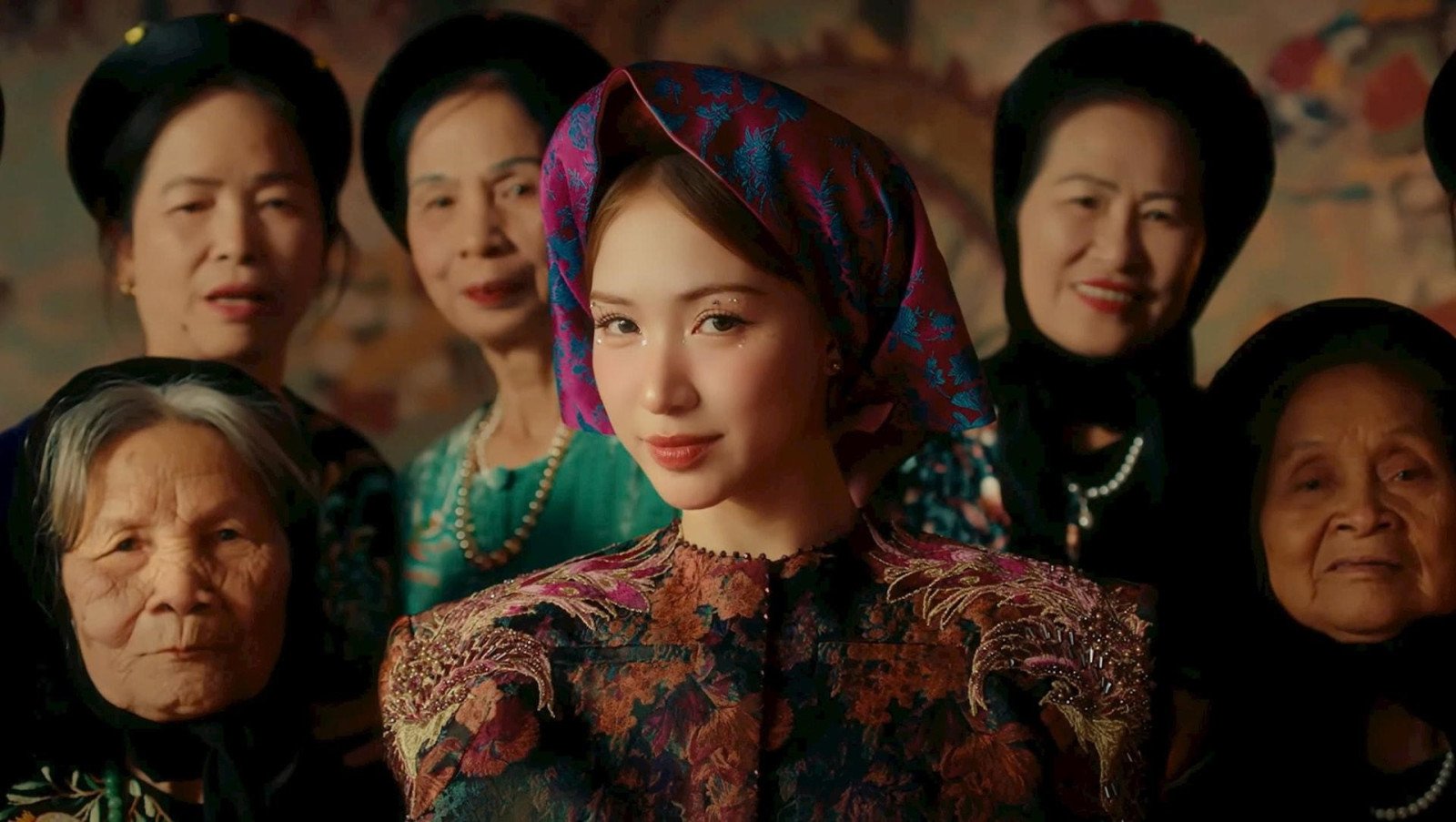




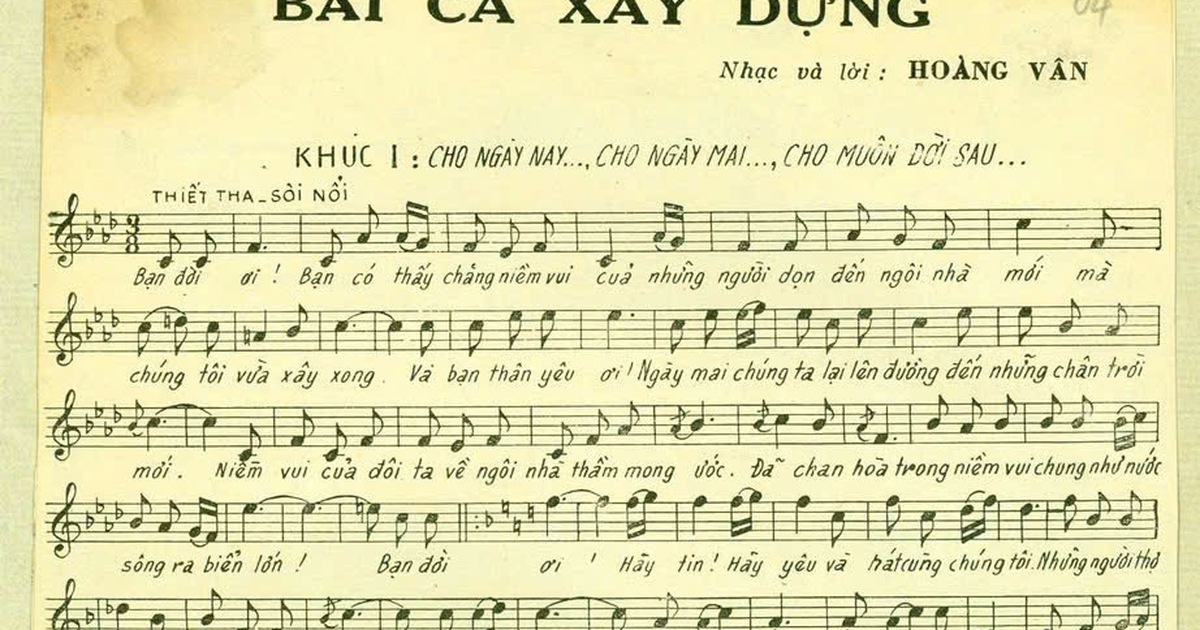

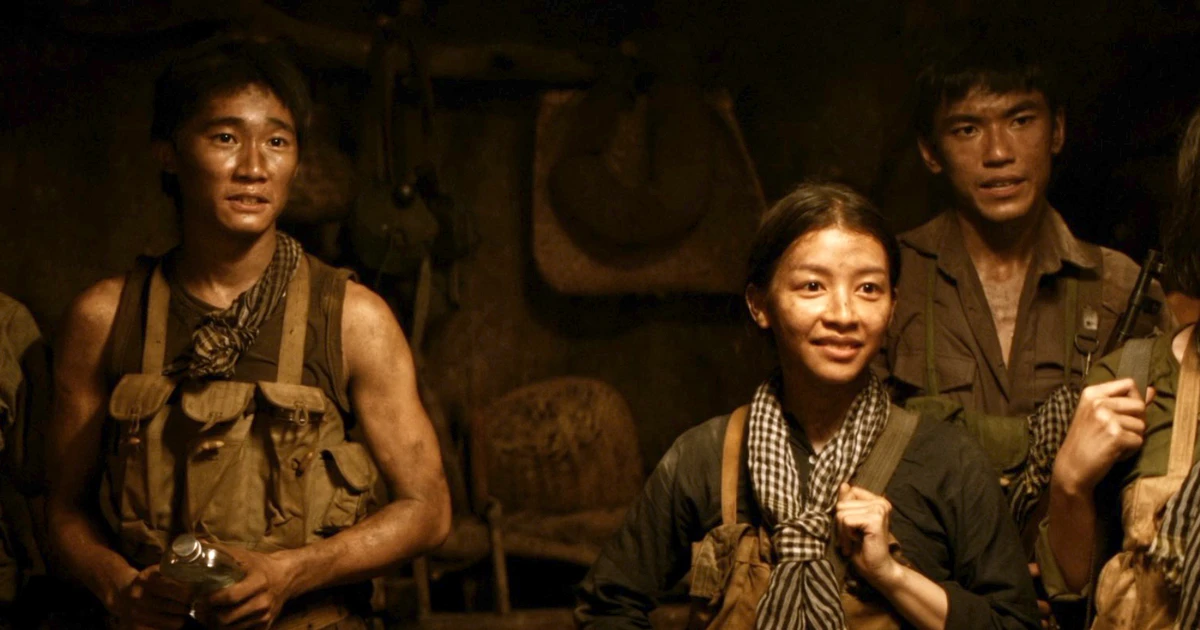
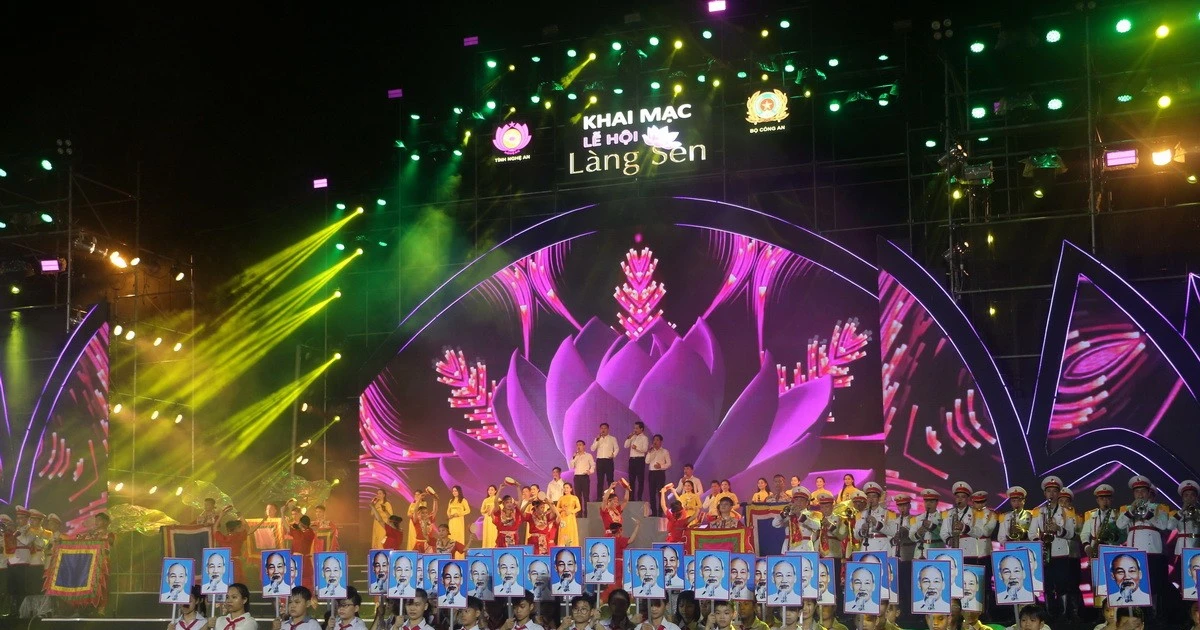
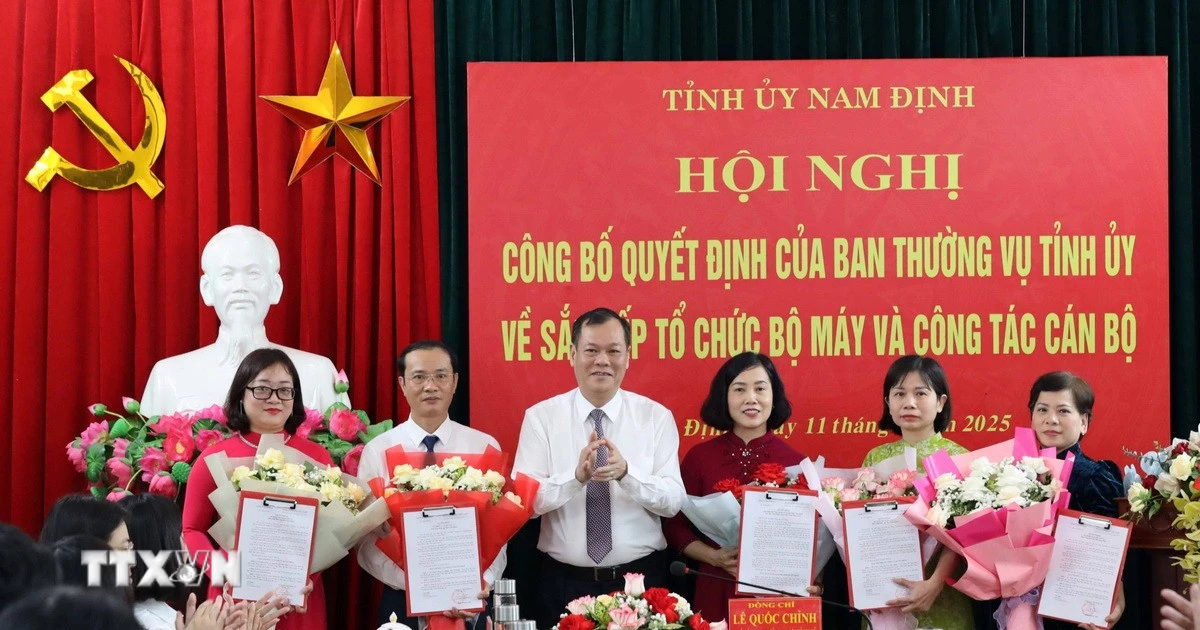





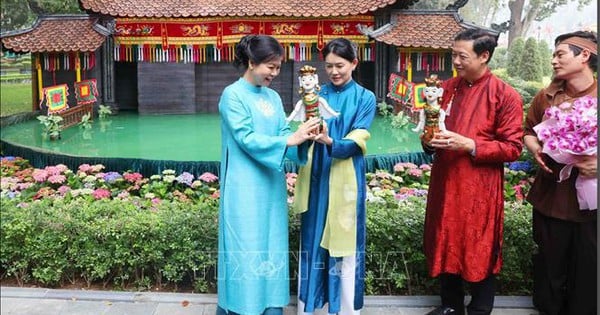
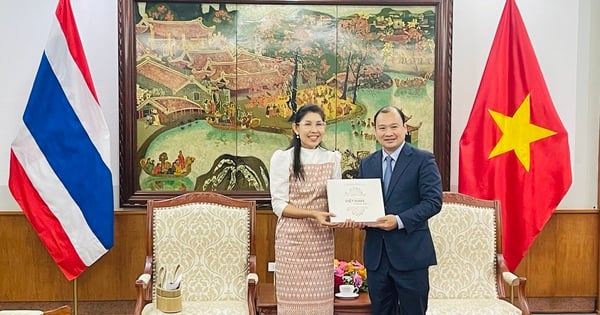
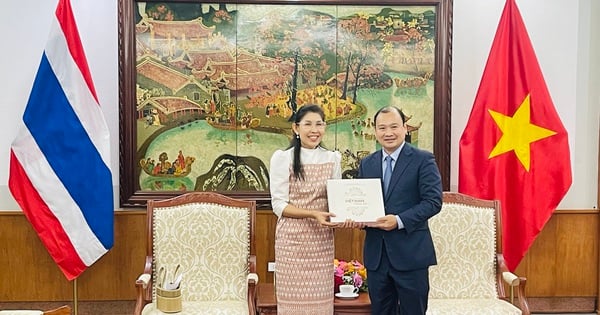
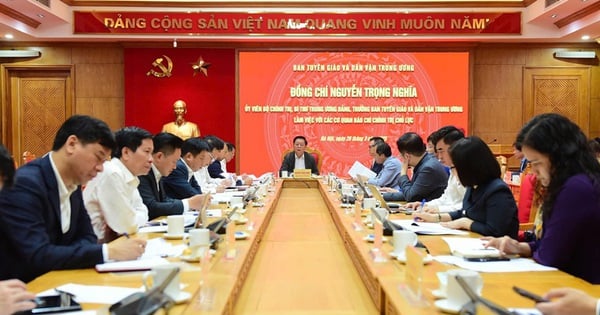





























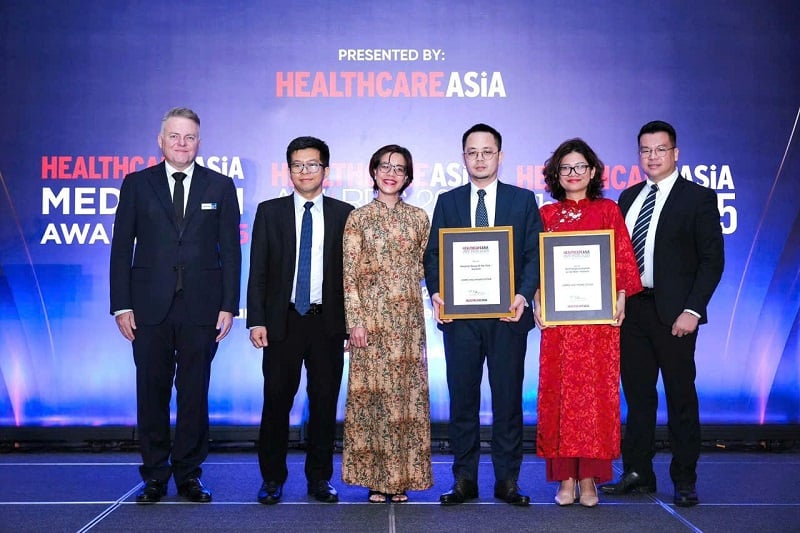

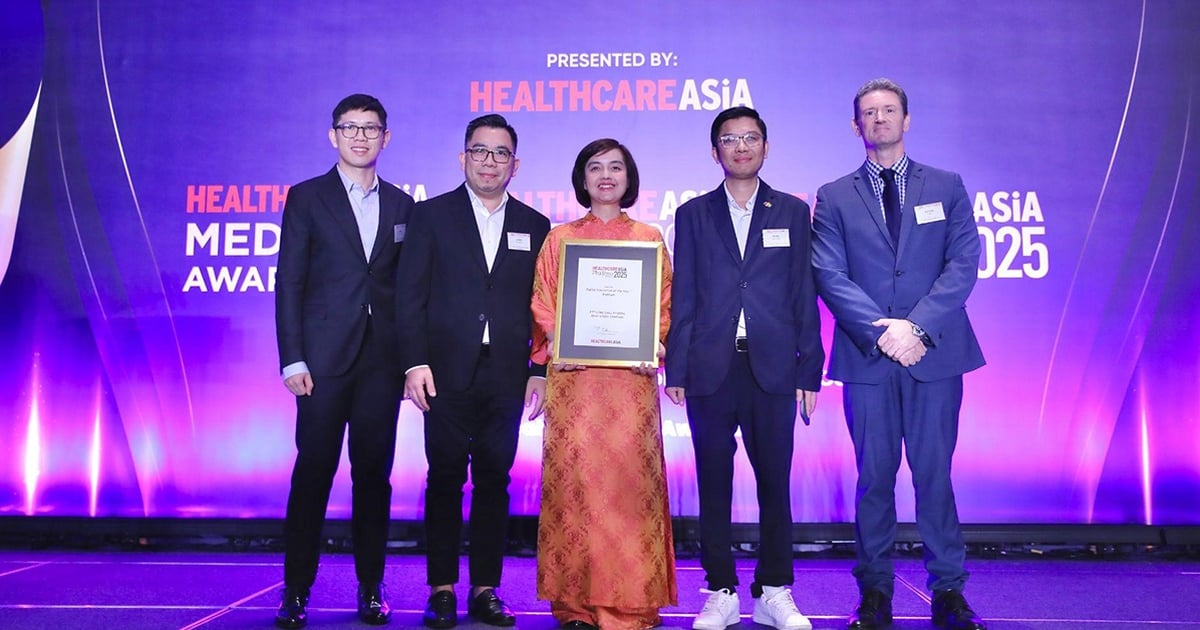







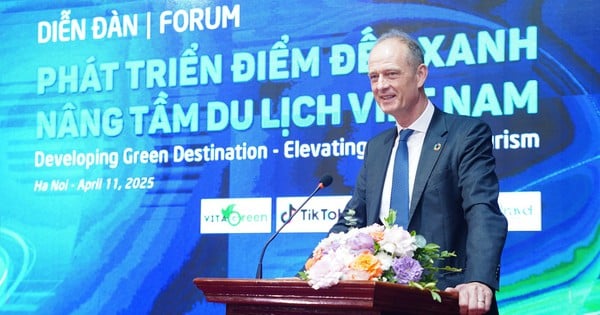


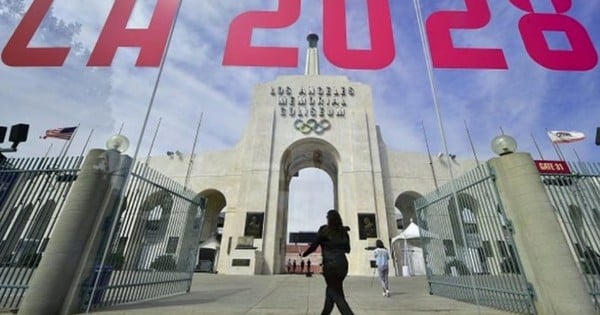



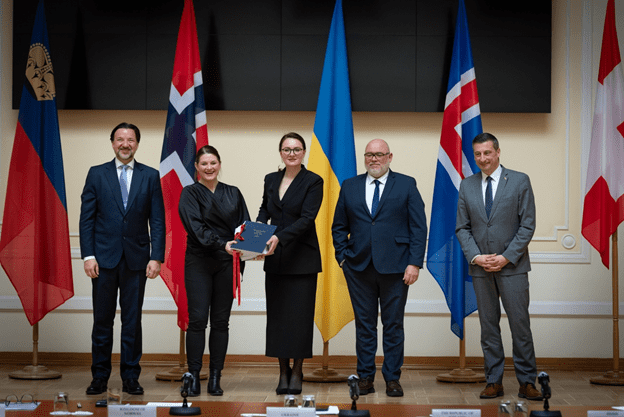


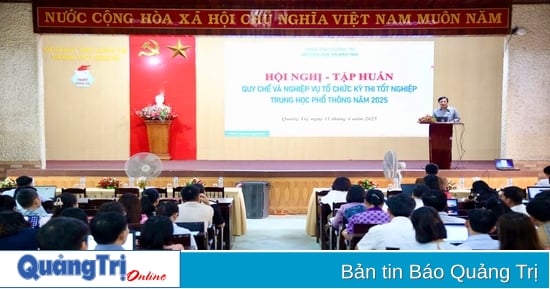
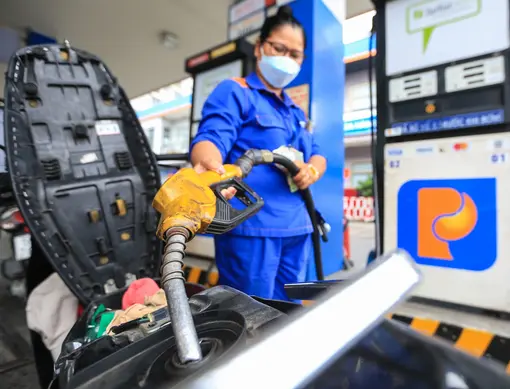


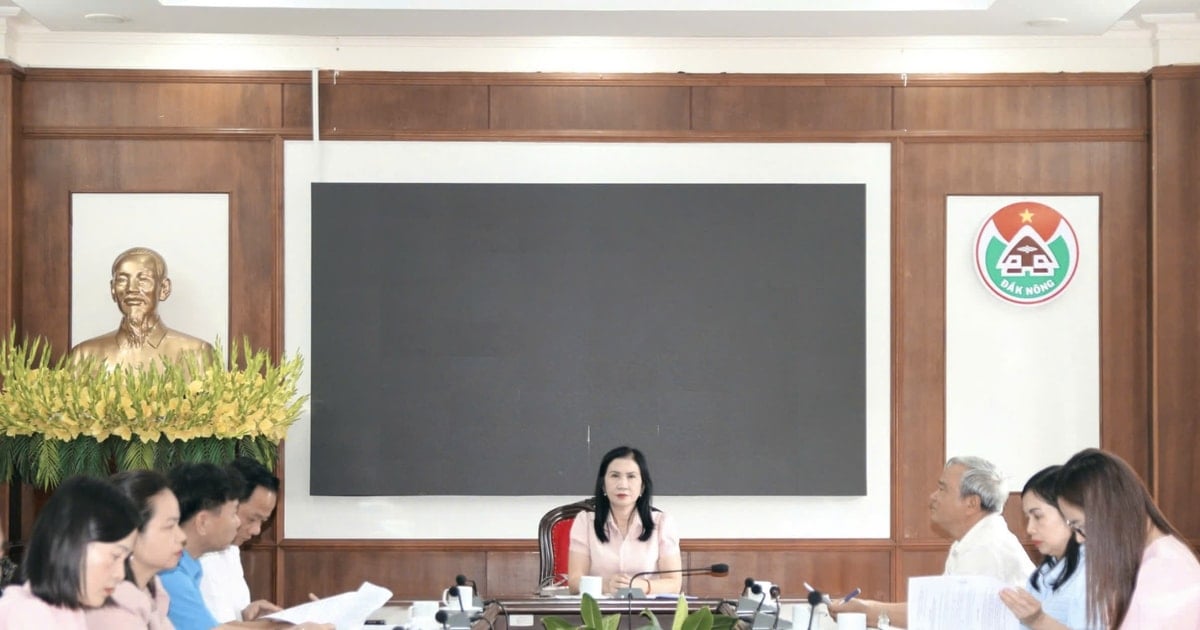

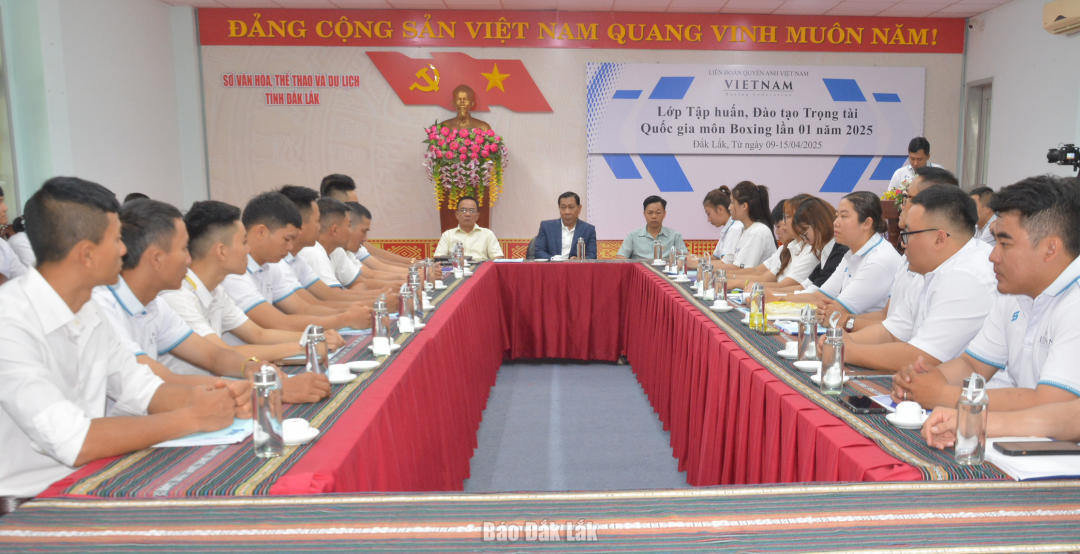










Comment (0)